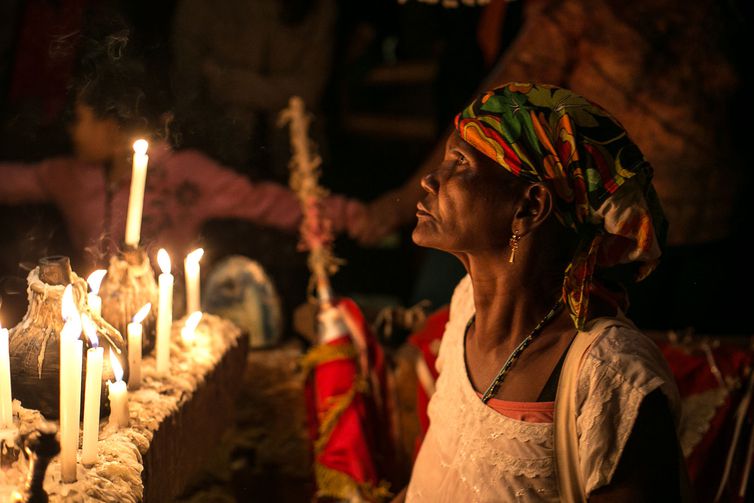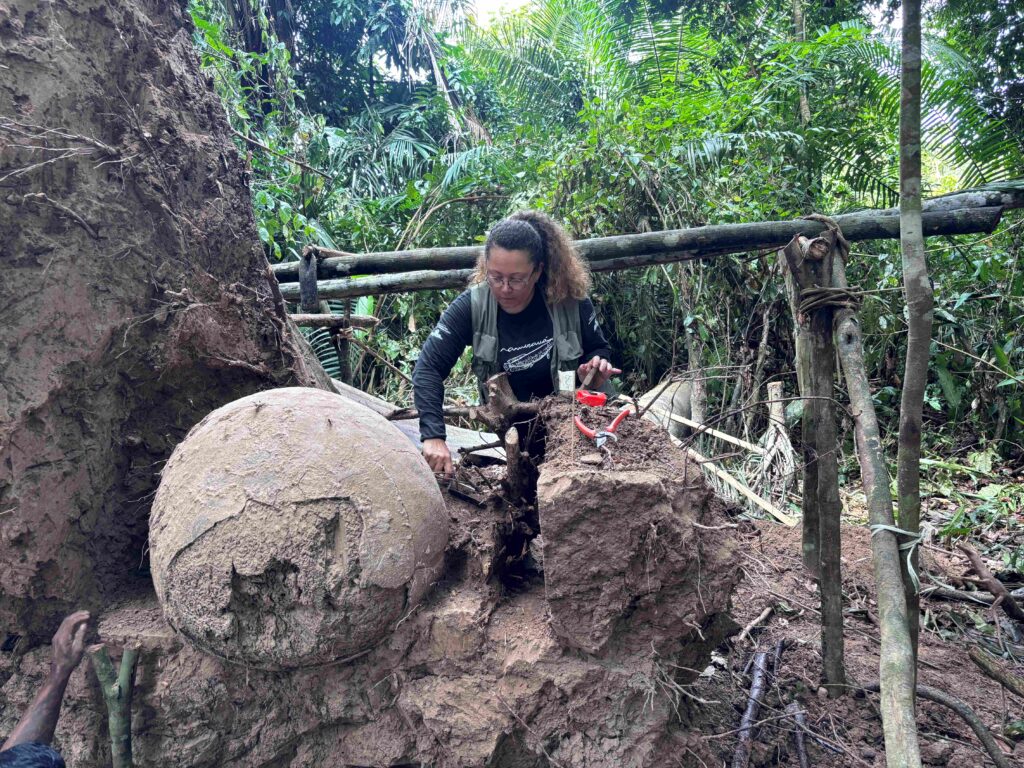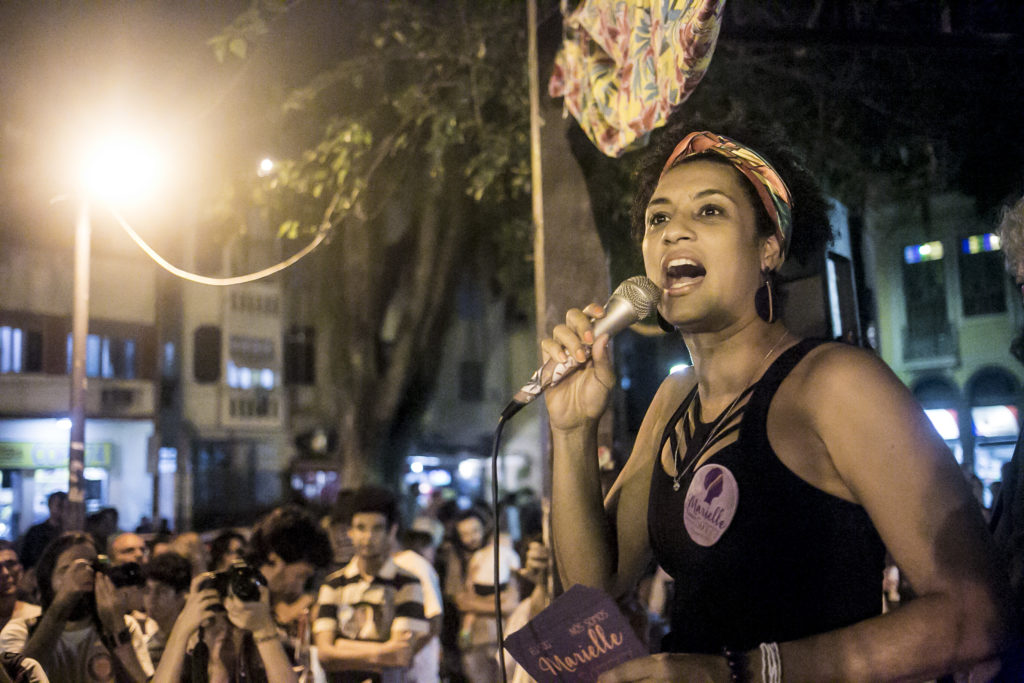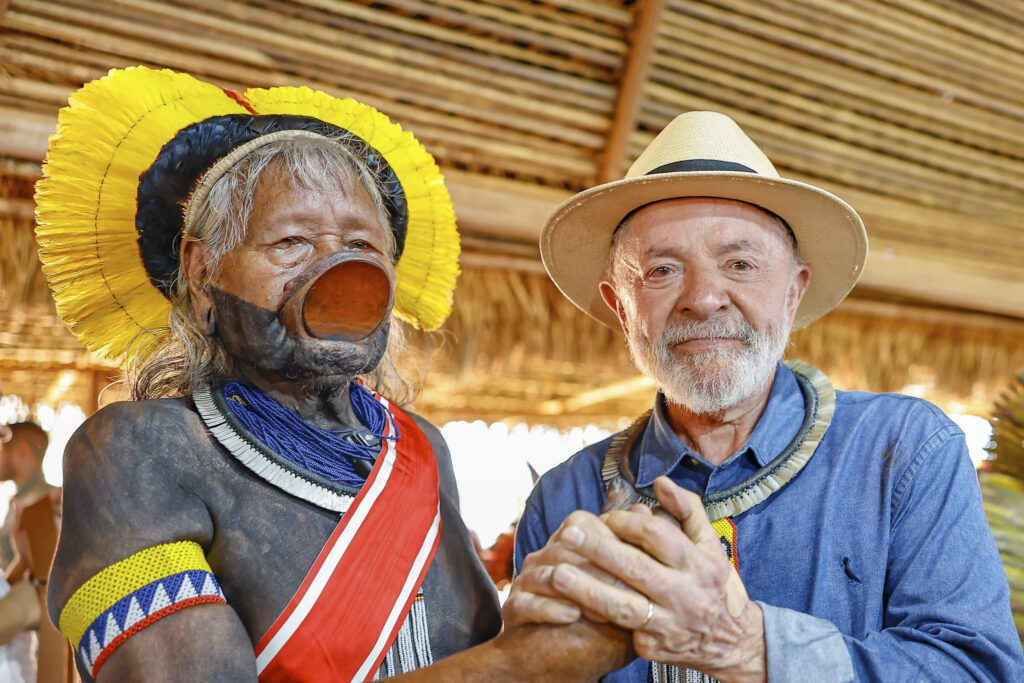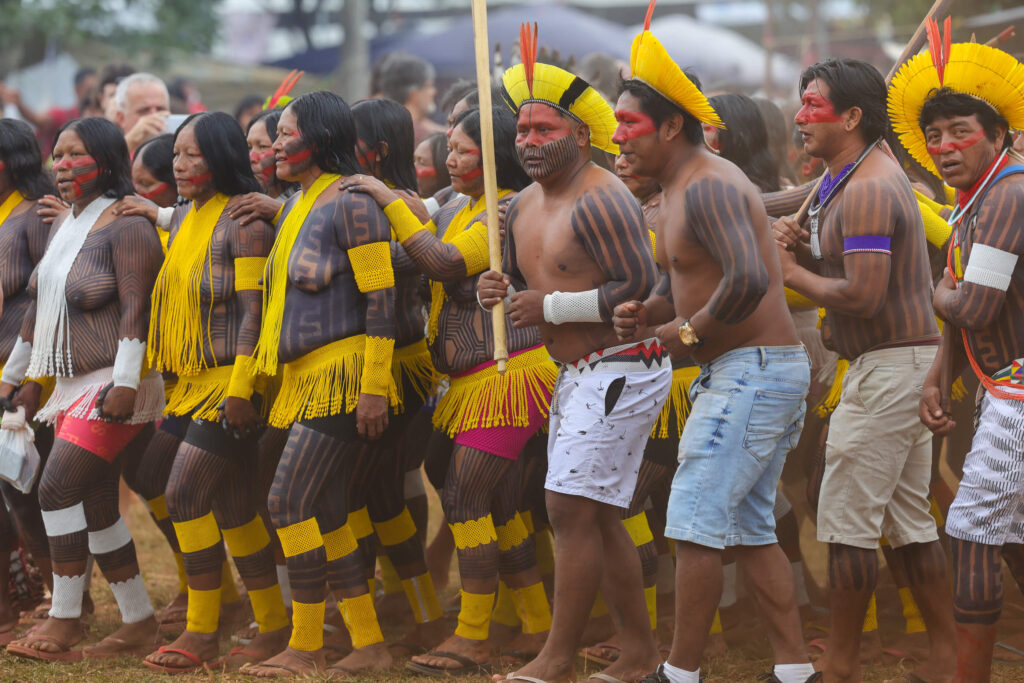São Paulo, Brazil – Brazil has 1.3 million quilombolas, people who identify as descendents of African slaves who escaped and formed their own autonomous communities between the 17th and 19th centuries.
For the first time ever, quilombolas were included in Brazil’s census, paving the way for potential land demarcation and other support to this population that has been historically neglected by the state.
According to an announcement in late July from the Brazilian Institute of Geography and Statistics (IBGE), the agency that conducts the census, Brazil has 1,327,802 people who identify as quilombolas, which represents 0.65% of the country’s total population. The majority (68%) are living in the northeast of Brazil, one of the country’s poorest regions.
In Brazil, quilombos have become a symbol of resistance as well as the survival of African culture, and the group is officially recognized in Brazil’s Constitution. However, data on quilombos hasn’t been properly collected until now, and the community still suffers from racism and neglect. The hope is that this new data can be used to better provide resources to the population.
“Knowing the number of quilombola people and how they are distributed across the country will guide public housing policies, occupation, work, income generation, and land regularization,” said Marta Antunes, a representative from the Traditional Peoples and Communities Project from IBGE.
The census helps to take the quilombola population out of invisibility, Maryellen Crisóstomo, a member of the national quilombo association CONAQ, told Brazil Reports.
She also highlighted the importance of quilombos in Brazil’s fight against environmental devastation in some of its most important biomes, such as the Amazon rainforest and its tropical savannah, the Cerrado.
“The Census demonstrates the importance of the continuous contribution of the quilombos to the mitigation of climate change, as the native vegetation areas of the biomes are preserved within our territories, since our ways of life are harmonious with the cycles of nature,” she said to Brazil Reports.
According to the census data, 32% of quilombos live in the Amazon.
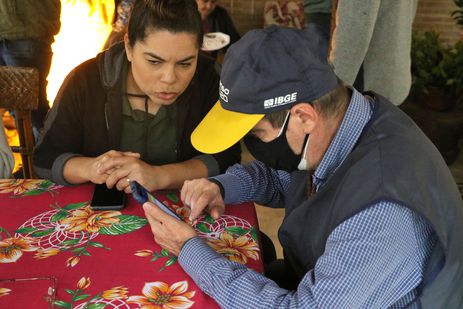
Quilombola Land
Following the fall of its military dictatorship, Brazil’s 1988 Constitution officially recognized the quilombolas’ right to receive land that was inhabited by their ancestors, and a slow, inefficient process of land demarcation began.
However, the latest census revealed that just 12.6% of quilombolas live on officially recognized territories, and according to The Guardian, only 4.3% live on quilombos that have been awarded a land title, highlighting a severe failure by the state to deliver land promised to the community.
“We proved the fragility of territorial public policy,” said Crisóstomo. “There is a need to prioritize the demarcation of our areas. After the census, the State itself recognizes this flaw, which is the result of a scrapping of public policy in successive governments.”
Crisóstomo expects the government to use this new data to implement public policy and deliver what was promised to the quilombola people, especially demarcating land.
“We know how many people are affected and where they are. Therefore, it is possible to foresee political-administrative measures to be adopted, mainly planning the budget,” she said.
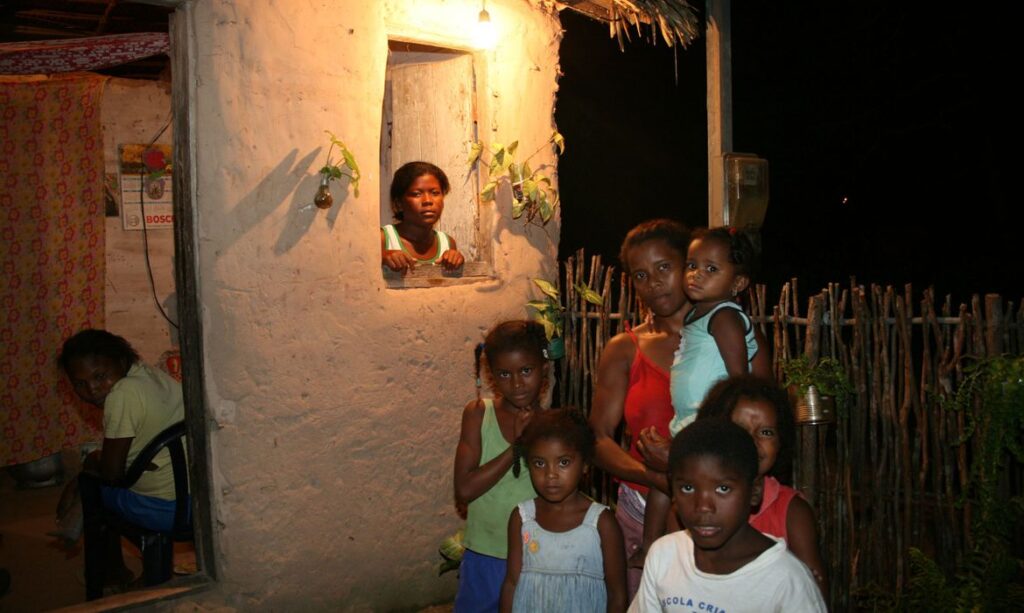
Historical reparation
During a press conference on July 27 to announce the new data, IBGE President Cimar Azevedo said that the inclusion of the quilombola people in the Census was a historic reparation.
“It is these populations that most need the numbers. We need to know, for example, how many schools and health centers the quilombola population needs, in addition to the demarcation of territories,” said Azevedo.
Florbela Fernandes, a representative from the United Nations in Brazil, said the quilombola population survey has great symbolism. “This is the first official survey to collect specific data on the quilombola population. After 135 years of the abolition of slavery in Brazil, we will finally know exactly how many quilombolas there are, where they are, and how they live,” she said.
Cesar Aldrighi, president of the National Institute for Colonization and Agrarian Reform (Incra), the government agency responsible for demarcating territories, said that the institute will use the data to map all communities and advance the demarcation of lands.
“The data takes the quilombola people out of their invisibility,” he said.


